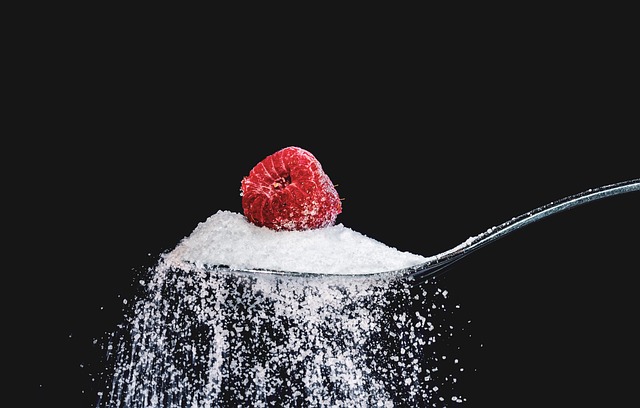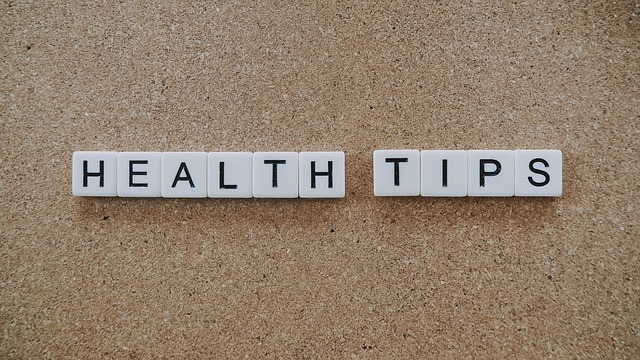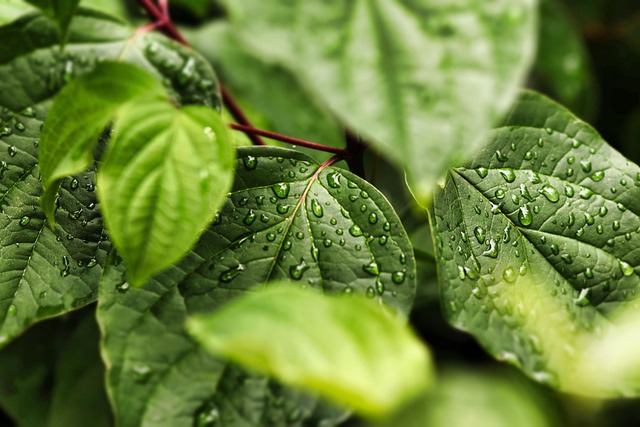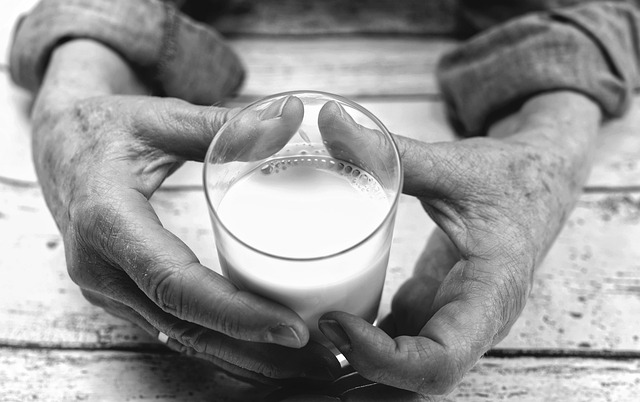Understanding the Connection Between Diet and Water Consumption
We all know that staying hydrated is essential for good health, but have you ever stopped to consider how your diet influences your body’s need for water? The relationship between diet and water consumption is more intertwined than most of us realize. What we eat can significantly impact how much water we should be drinking each day to maintain optimal hydration levels.
Foods That Affect Hydration Levels
Many fruits and vegetables naturally contain high water content, which helps to boost hydration. Cucumbers, watermelon, oranges, and lettuce are just a few examples of foods that can contribute to your daily fluid intake. If your diet is rich in these hydrating foods, you might find yourself needing less plain water throughout the day.
Conversely, certain foods can increase your body’s demand for water. Salty snacks, processed foods, and meals high in sodium require more water for your kidneys to flush out excess salt and maintain proper balance. Spicy foods may also promote sweating, further increasing your water needs.
The Role of Macronutrients in Hydration
Your intake of macronutrients like protein, carbohydrates, and fats can also affect hydration. For instance, high-protein diets require additional water for the kidneys to process nitrogenous waste. Similarly, fiber from whole grains and vegetables absorbs water and can impact your hydration status. Balancing these macronutrients with adequate water intake is key to feeling energized and healthy.
Recognizing Your Body’s Signals
Pay attention to subtle signs of dehydration such as fatigue, dry mouth, or dark-colored urine. These signs often arise when your diet does not adequately balance with your water consumption needs. Adjusting your eating habits alongside increasing your fluid intake can help you avoid these symptoms and enhance your overall wellbeing.
Practical Tips for Optimizing Hydration Through Diet
- Incorporate water-rich fruits and vegetables into your meals and snacks.
- Limit excessive salt and processed food consumption to reduce extra water demand.
- Balance intake of protein and fiber with sufficient water throughout the day.
- Listen to your body for dehydration signals and respond by drinking more fluids.
- Consider herbal teas or infused water as flavorful hydration options.
Fostering an awareness of how your diet impacts your hydration will empower you to make choices that support not just thirst quenching, but holistic health. After all, optimizing hydration is a vital step towards feeling your best every day.




